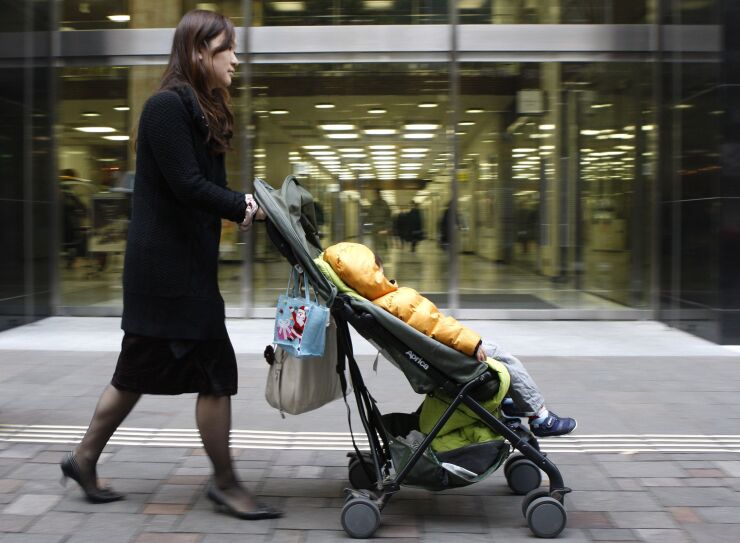Helpr, a Los Angeles-based family support technology company, has launched a new in-app feature that allows working parents to manage scheduling and payment for their backup child care providers.
Parents can add babysitters, neighbors, friends, and family as caretakers when primary care falls through or work runs late if employees are enrolled in backup child care subsidization programs. Helpr was originally founded in 2007 as a babysitting agency and then in 2016 launched its first B2B focused app.
“Since then we’ve just had amazing pick up of utilization from our clients, Kasey Edwards, CEO of Helpr, says. “We tend to be positioned against Bright Horizons and Care.com, but we’ve found that we’re a fit for future-forward companies.”
The Helpr product gives working parents access to vetted, reliable babysitters, instead of unknown sitters who are simply available. This feature — launched in August — allows employees to schedule their care hours via the Helpr’s app, and the hours are fully covered or subsidized by their employer.

Helpr partners with companies like Snap Inc. and Bird to provide employees with a set number of subsidized back-up care hours each year. Parent users have a $0 to $5 copay on the subsidized hours, depending on their employer’s program. Employers pay as little as $50 per employee parent per year. The program covers enough backup days to fully cover the average 8 days lost per year on childcare needs, according to Helpr.
Affordable primary childcare and reliable back-up childcare are often conflated as the same issue, according to Helpr. Yet, back-up care is a separate and distinct need for many working families.
“We talked with thousands of families and most [employees] have a few people in their network who take care of their child, and a lot of time that’s a favor,” Edwards says. “Those people ultimately are supporting the bottomline of the employer, so why not see if we can figure out a system where you can use in-network helpers, but you also have the option to try our own network.”
Wellness benefits, like backup child care and caregiving, are becoming a top offering from employers as employers take a greater interest in helping employees relieve stress in other aspects of their lives. Starbucks, for example, launched a
“As a working parent, I sometimes have child care gaps I need to fill in order to both properly care for my family and deliver results for my team,” Lakshmi Patmarajah, Florida community relations manager at Bird, says. “Through Bird's child care benefit with Helpr, I am able to schedule and pay for a backup babysitter from my own care network in Miami.”






